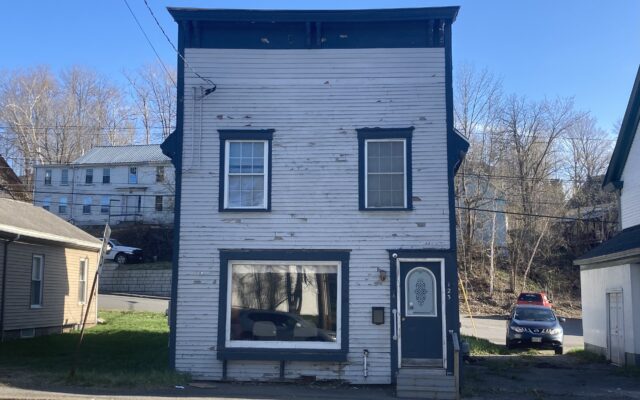
‘We need to help these people’: Dover-Foxcroft should listen to strong local voices
By BDN Editorial Board
The ongoing conversation in Dover-Foxcroft over a proposed opioid addiction treatment center that would be located downtown is similar to other debates across the state. Too often, communities are hesitant to move forward with projects that can help meet an identified need, with opponents saying that the projects don’t fit with their potential surroundings.
It is a common refrain that goes something like this: “I support fixing this problem, just not here.†That is a recipe for problems going unsolved across the state.
As we’ve tried to make clear, we hope Mainers will recognize that people in recovery are already part of their communities, and resist the notion that these services are needed but somehow not suitable for their downtown or their neighborhood.
We can understand why local residents might be hesitant to take advice from a newspaper in Bangor about the direction their town should take. But we hope they will at least listen to their fellow community members and town officials, who have made convincing points about the need for recovery services in their area.
“The reality is this is a societal problem that we’re dealing with,†Police Chief Matt Grant said during a May 5 planning board meeting. “The resources need to be made available.â€
Maine is experiencing record overdose deaths, including 11 suspected or confirmed in Piscataquis County between January and December 2021. By embracing recovery services and the people who rely on them, communities can decide to help save lives.
One concerned local resident who spoke during the Dover-Foxcroft planning board discussion mentioned the proximity of the proposed clinic to a church. They worried about the children at summer bible camp playing outside and being exposed to people from the clinic. Respectfully, we think that overlooks the fact that people in recovery who need these services are already living and working in town. They aren’t some unknown, outside threat. They are neighbors dealing with a medical need.
Michelle Fagan explained this eloquently during the planning board meeting. Fagan, as youth services librarian at Thompson Free Library, works with kids whose parents are in recovery.
“I think the stigma behind all of this is really, really tough,†she said. “In a community that sometimes has been known to say, ‘Not in my backyard’ — it’s in your backyard, it’s walking down Main Street, it’s at McDonald’s, it’s at the library. We need to help these people.â€
Fagan has said it better than we could. Hopefully her fellow community members are listening.